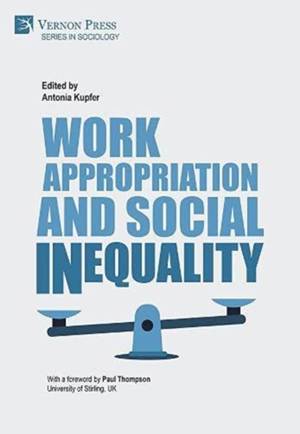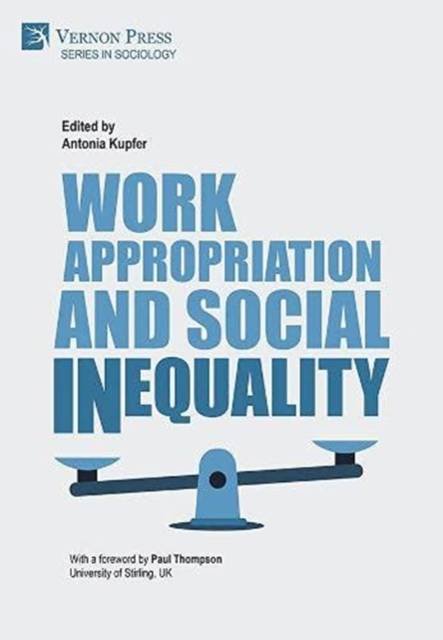
- Afhalen na 1 uur in een winkel met voorraad
- Gratis thuislevering in België vanaf € 30
- Ruim aanbod met 7 miljoen producten
- Afhalen na 1 uur in een winkel met voorraad
- Gratis thuislevering in België vanaf € 30
- Ruim aanbod met 7 miljoen producten
Omschrijving
This volume is a collection of subject-oriented studies on paid work. Each chapter refers to the social structures that form conditions for peoples' working contexts and interprets workers' and employees' narrations on work. Work appropriation-a process of formation of subjectivity, in which workers and employees relate to the social status of their occupations and the use-value of their work in actively dealing with the work's content and conditions-serves as a comprehensive concept for each varying subject-oriented approach in the volume.
'Work Appropriation and Social Inequality' focuses on social inequality, understood as the distribution of life chances that privilege some and discriminate others and reveals the unequal conditions for, and outcomes of, work appropriation. By analyzing work appropriation, it uses a broader concept than that of 'meaning of work' or 'meaningful work' as it includes the practice and processes of working. The volume's subject-oriented approach to work differs from the stream 'subjectivation' in going beyond individuals' desires for self-realization in work and to companies' requirements of accessing emotional and personal dimensions of their workforce.
The volume contains three parts: the first lays out basic approaches to work appropriation and social inequality, the second analyses current threats to work appropriation in the UK and Germany, and the third consists of a philosophical outlook on work in the Anthropocene.
The book's impact lies in pushing forward the debate on how work appropriations are linked to unequal social structures. It will therefore appeal to social scientists interested in social inequality, sociology of work and organization, as well as students and teachers at the undergraduate and graduate level in the areas of social sciences.
Specificaties
Betrokkenen
- Uitgeverij:
Inhoud
- Aantal bladzijden:
- 198
- Taal:
- Engels
- Reeks:
Eigenschappen
- Productcode (EAN):
- 9781648890413
- Verschijningsdatum:
- 17/05/2021
- Uitvoering:
- Hardcover
- Formaat:
- Genaaid
- Afmetingen:
- 152 mm x 229 mm
- Gewicht:
- 421 g

Alleen bij Standaard Boekhandel
Beoordelingen
We publiceren alleen reviews die voldoen aan de voorwaarden voor reviews. Bekijk onze voorwaarden voor reviews.










